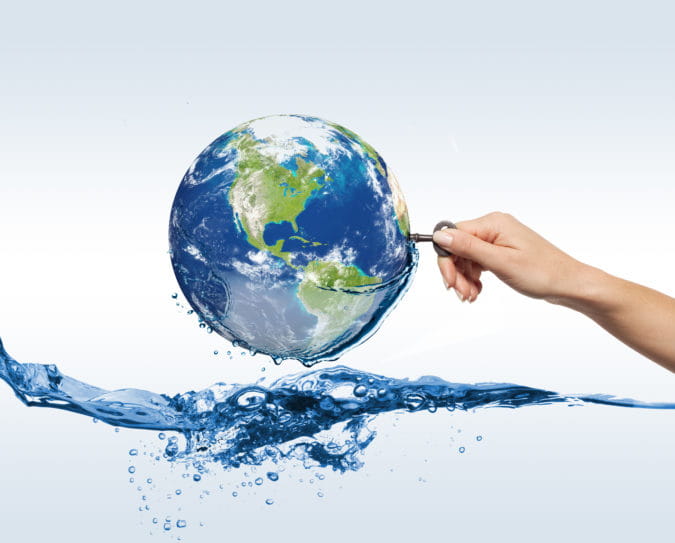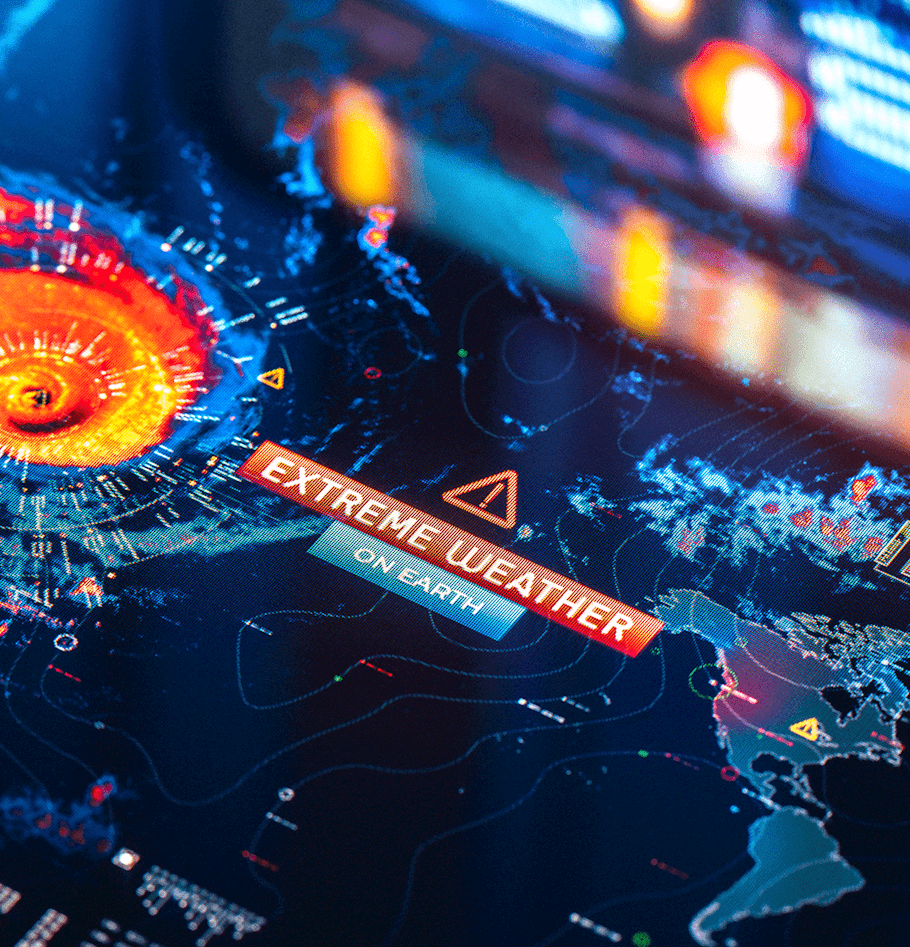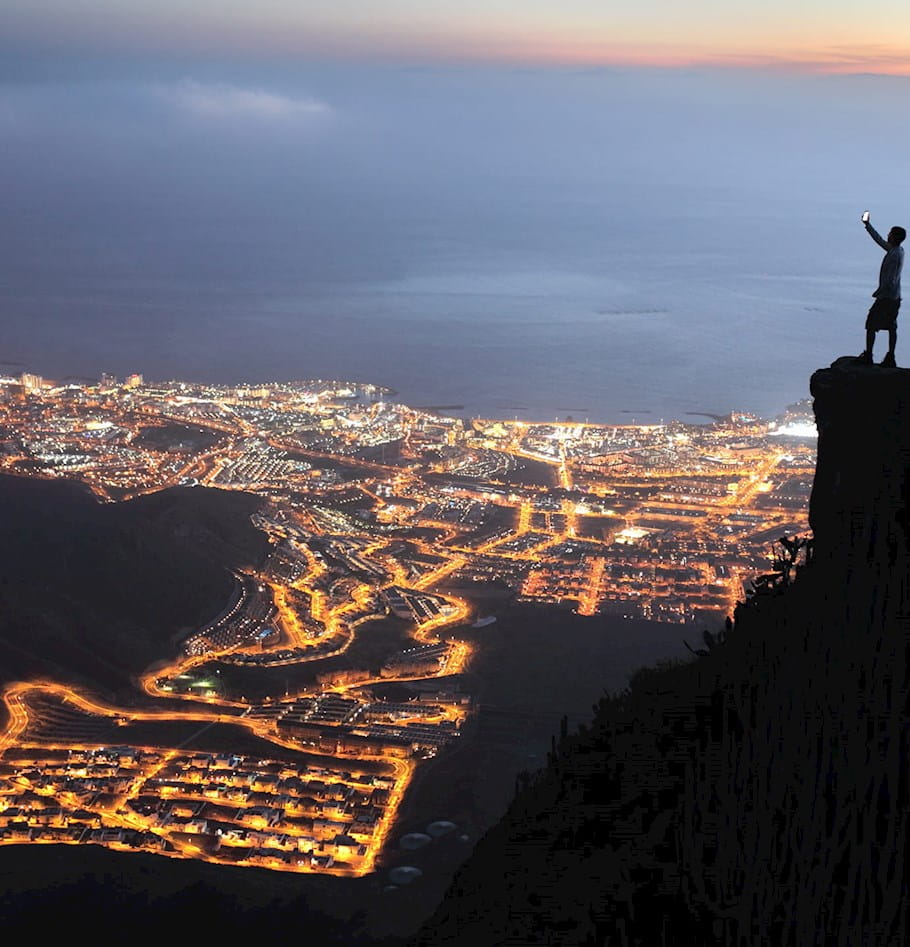World Water Day 2018: How will you be a better water steward?
Today, March 22, is recognized by the United Nations as World Water Day and focuses on the importance of water. Our water systems today face urgent and dire situations – Cape Town, South Africa is rationing water and quickly approaching “Day Zero,” when fresh water supplies will go dry. Officials in Flint, Michigan are returning to court, facing involuntary manslaughter charges as well as willful neglect of duty related to the Safe Water Drinking Act. In California, there is increasing fear that a drought is returning – and residents have slipped back to old habits, with water use back at pre-drought levels.
The National Geographic documentary, Water & Power: A California Heist, highlights our often-backwards water policy. In 2015, California Governor Jerry Brown imposed mandatory water restrictions, ordering residents, businesses, and towns to reduce water use by 25% -- yet 80% of California’s water supply is used for agriculture – which faces no conservation restrictions, and accounts for only 2% of California’s economy.
Water costs throughout the United States have steadily (and sometimes dramatically) increased – the non-profit Circle of Blue identified that rates have increased by 54% across the U.S. since 2010. Yet, these rate increases reflect our historic underinvestment in water resources, and are driven by serious issues faced by water utilities - aging infrastructure (much of it is 75 – 100 years old), increasing water scarcity, cybersecurity threats, unfunded mandates, and increased customer service expectations.
On World Water Day, we challenge you to reflect on the importance of water, and your role in conserving this critical resource. Here are a few actions you can take today (and every day) to be a better water steward:
-
Participate in local elections and support candidates who will drive informed water policy and investments
-
Use low-flow appliances, and turn off the water while you brush your teeth (and do not brush your teeth in the shower, which wastes more water than brushing at the sink)
-
Drink tap water, as tap water is held to higher quality standards than bottled water, and supports your local utility’s operations
-
Maximize the use of natural vegetation and plans in landscaping, using native plants and grasses with low water demand
-
Support nonprofits like EOS International, which provides clean water access in rural communities
In less than 10 years, two thirds of the world’s population could be living under water stressed conditions. The challenges facing our water systems are urgent – and we need more individuals (like you) to drive smart water policies, invest in water infrastructure, and help communities conserve water.


